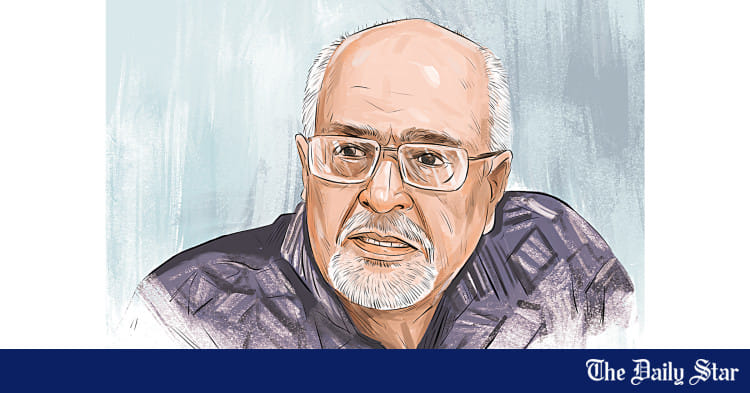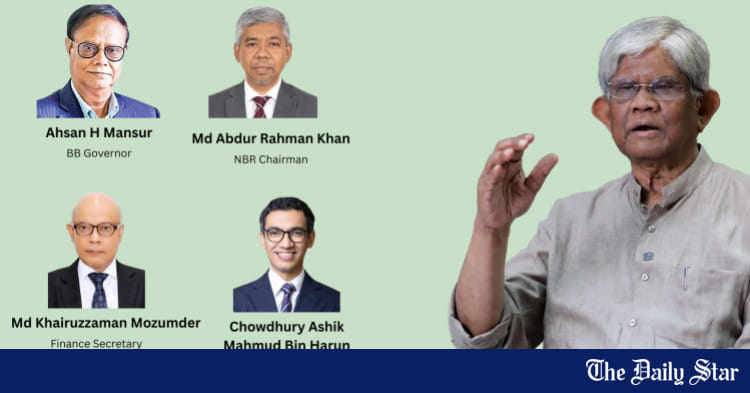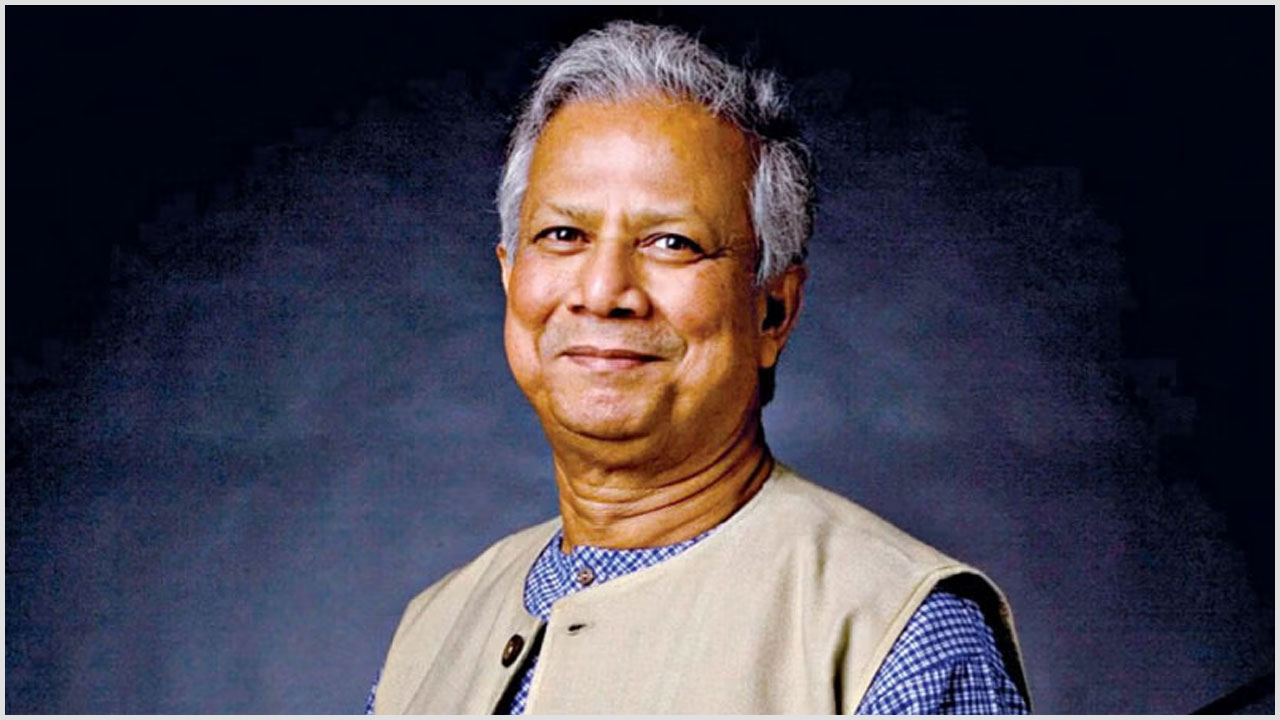- Copy to clipboard
- Thread starter
- #701
Saif
Senior Member
- Joined
- Jan 24, 2024
- Messages
- 15,397
- Reaction score
- 7,865
- Points
- 209
- Nation

- Residence

- Axis Group


Bangladesh rake in $2.25b in remittances in first 24 days of May
Expatriate Bangladeshis have consistently sent over $2 billion in remittances each month since September, and that trend has continued into May. In the first 24 days of May, remittances totalled $2.25 billion, according to data released by Bangladesh Bank on Sunday. In April, Bangladesh recorded
Bangladesh rake in $2.25b in remittances in first 24 days of May
bdnews24.com
Published :
May 25, 2025 21:48
Updated :
May 25, 2025 21:48

Expatriate Bangladeshis have consistently sent over $2 billion in remittances each month since September, and that trend has continued into May.
In the first 24 days of May, remittances totalled $2.25 billion, according to data released by Bangladesh Bank on Sunday.
In April, Bangladesh recorded its second-highest monthly remittance inflow in history, just under $3 billion. The previous month, March, saw a record $3.29 billion in remittances ahead of Eid-ul-Fitr, the highest ever for a single month.
According to the central bank, the previous peak before that came in December 2024, when remittances reached $2.64 billion. By that measure, April’s figure is now the second highest on record.
With May’s total crossing the $2 billion mark, Bangladesh has now seen 10 consecutive months of monthly remittances exceeding that threshold.
However, May also brought worrying news regarding remittances.
Analysts have raised concerns over a proposed US law introduced by President Donald Trump, which seeks to impose a tax on money transfers from the US to other countries. If passed, it could have a negative impact on Bangladesh’s remittance inflows.
The bill proposes a 5 percent tax on all international money transfers from the US. It would apply not only to non-citizens residing in the US for work or business but also to those on H-1B or F-1 visas, and even to green card holders.
Senior officials at Bangladesh Bank and managing directors of several commercial banks fear that if the tax is enforced, remittances through formal banking channels will decline. Many US-based expatriates may then turn to informal channels like hundi, dealing a major blow to the country’s foreign reserves.
Speaking at a roundtable earlier this month, Bangladesh Bank Governor Ahsan H Mansur said the country’s reserves would grow only if remittance and export earnings increase. He expressed optimism that reserves would continue to rise in the coming months.
He also asserted that the value of the dollar would not be determined by foreign companies or institutions, but set domestically by Bangladesh itself.
Earlier this month, Bangladesh Bank allowed the exchange rate to be determined by market forces. The governor confirmed this move followed discussions with the IMF.
bdnews24.com
Published :
May 25, 2025 21:48
Updated :
May 25, 2025 21:48
Expatriate Bangladeshis have consistently sent over $2 billion in remittances each month since September, and that trend has continued into May.
In the first 24 days of May, remittances totalled $2.25 billion, according to data released by Bangladesh Bank on Sunday.
In April, Bangladesh recorded its second-highest monthly remittance inflow in history, just under $3 billion. The previous month, March, saw a record $3.29 billion in remittances ahead of Eid-ul-Fitr, the highest ever for a single month.
According to the central bank, the previous peak before that came in December 2024, when remittances reached $2.64 billion. By that measure, April’s figure is now the second highest on record.
With May’s total crossing the $2 billion mark, Bangladesh has now seen 10 consecutive months of monthly remittances exceeding that threshold.
However, May also brought worrying news regarding remittances.
Analysts have raised concerns over a proposed US law introduced by President Donald Trump, which seeks to impose a tax on money transfers from the US to other countries. If passed, it could have a negative impact on Bangladesh’s remittance inflows.
The bill proposes a 5 percent tax on all international money transfers from the US. It would apply not only to non-citizens residing in the US for work or business but also to those on H-1B or F-1 visas, and even to green card holders.
Senior officials at Bangladesh Bank and managing directors of several commercial banks fear that if the tax is enforced, remittances through formal banking channels will decline. Many US-based expatriates may then turn to informal channels like hundi, dealing a major blow to the country’s foreign reserves.
Speaking at a roundtable earlier this month, Bangladesh Bank Governor Ahsan H Mansur said the country’s reserves would grow only if remittance and export earnings increase. He expressed optimism that reserves would continue to rise in the coming months.
He also asserted that the value of the dollar would not be determined by foreign companies or institutions, but set domestically by Bangladesh itself.
Earlier this month, Bangladesh Bank allowed the exchange rate to be determined by market forces. The governor confirmed this move followed discussions with the IMF.



















